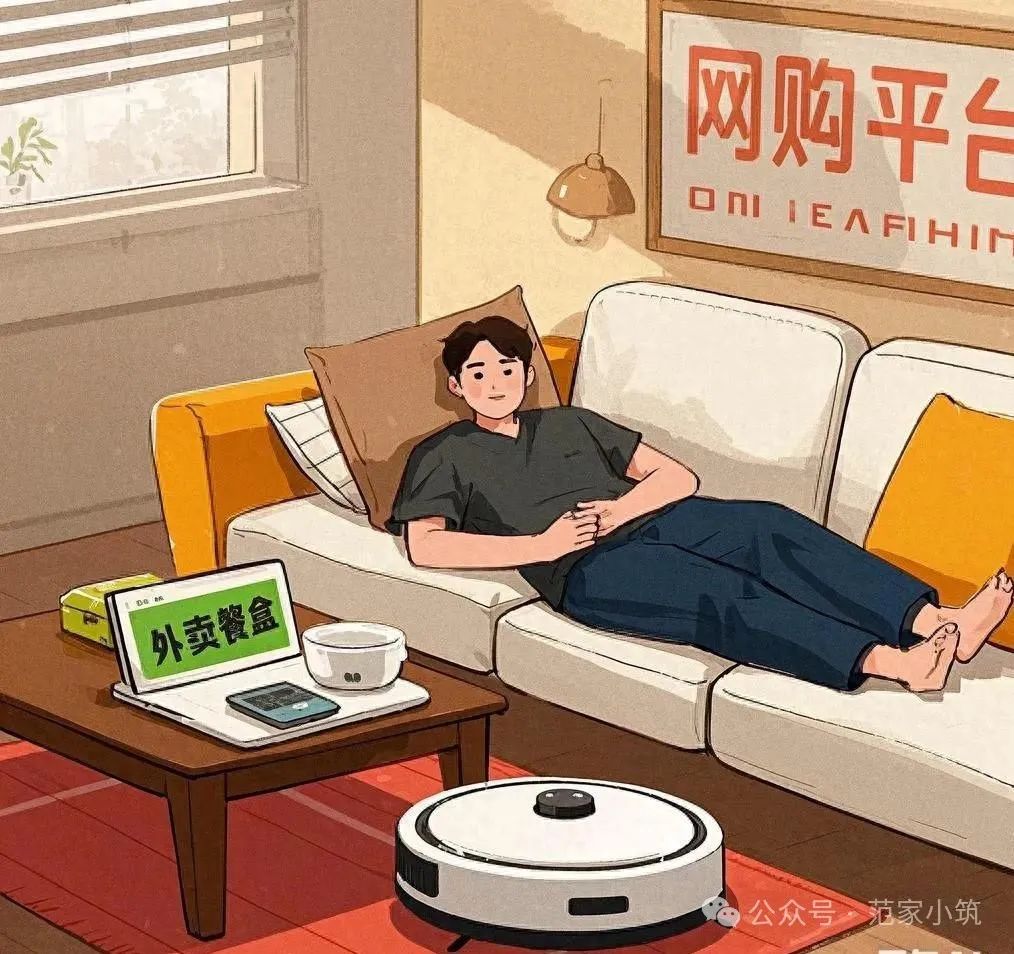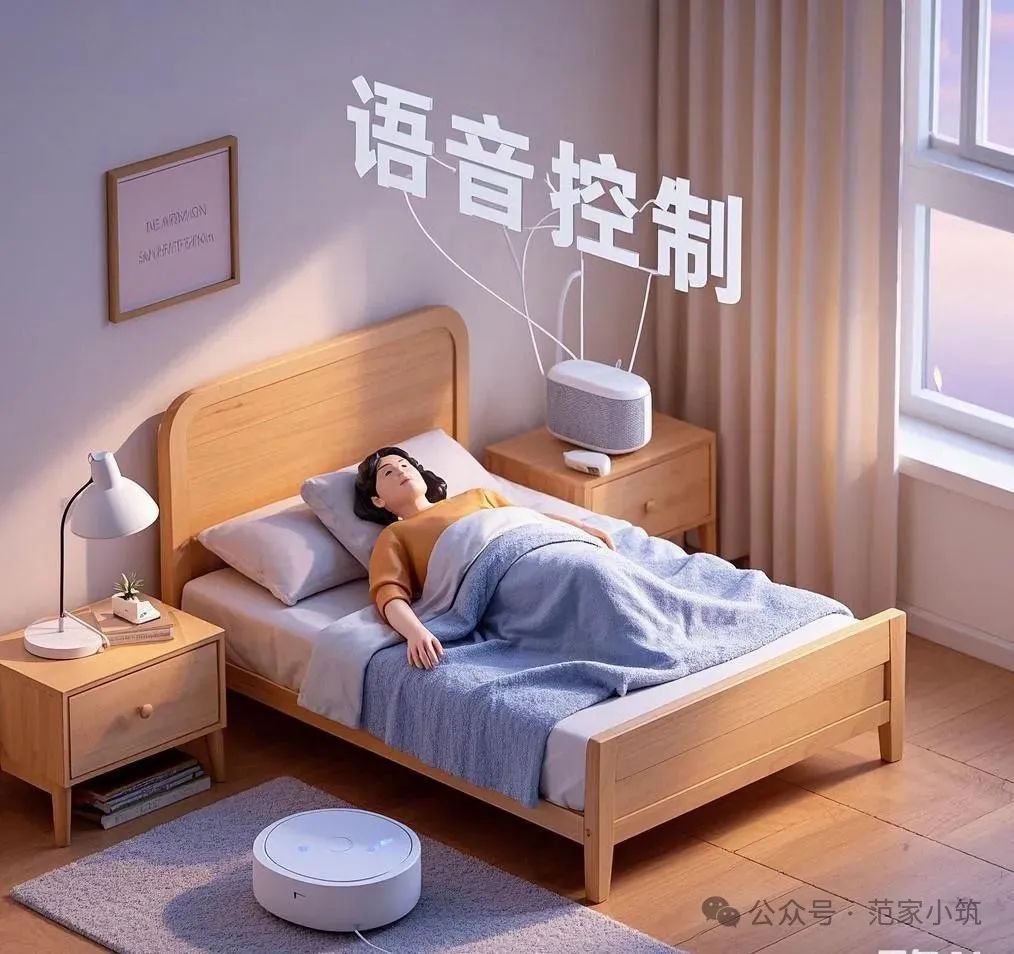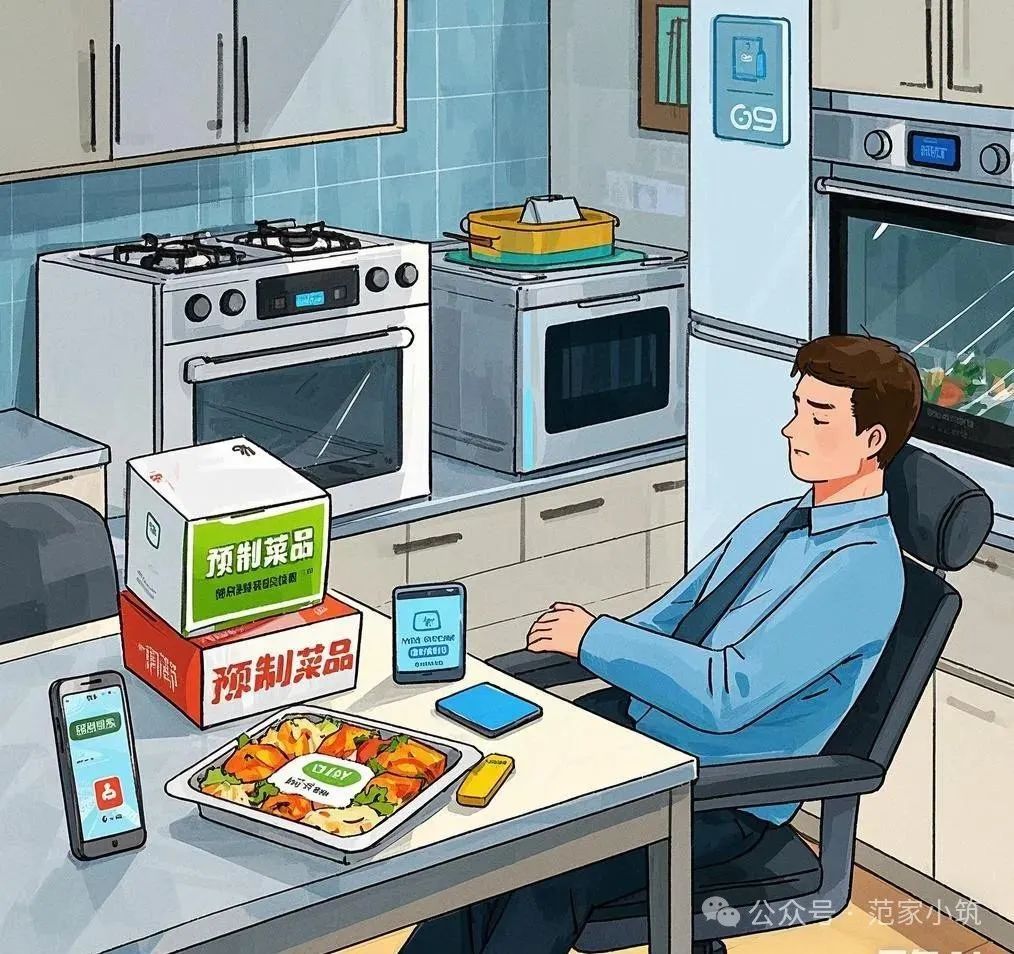Transforming Electricians into Smart Home Experts: A Journey of Success
To be honest, when I first heard the term “smart home,” I was completely bewildered. As an electrician with fifteen years of experience, my mind was filled with switches, sockets, and conduits, thinking that such high-tech gadgets were only for the wealthy. It wasn’t until last year’s Spring Festival when my nephew came home and installed some kind of smart speaker for his dad that I suddenly realized—this is the future!
Looking back, that day might have been a turning point in my life.
Recently, my old colleagues have been complaining about a lack of work and fierce price competition, spending their days on construction sites earning a few hundred yuan a day while having to watch the foreman’s face. Meanwhile, I have so many smart home projects lined up this month that I had to push two urgent requests to next month. Some say I’m lucky, but I can only smile—there’s no luck involved; I simply saw the trend earlier than others and bravely jumped in.
Today, I want to share my journey and experiences from the past six months with my fellow electricians, hoping to help those who are as lost as I once was.
When I first entered this field, I felt like a headless chicken. Smart homes sound sophisticated, but at the core, they still revolve around wiring issues, which is precisely our strength as electricians. Traditional electricians only need to ensure that the power is on without tripping the circuit, while smart homes require understanding user needs, designing systems, debugging devices, and even having some knowledge of networking. I remember my first project was to install smart curtains and lighting control for a young couple, and I was overwhelmed by a bunch of terms: ZigBee protocol, gateway, scene linkage… At that moment, I really wanted to back out.

Fortunately, I didn’t give up. I spent two weeks studying every night with my phone, and during the day, I sought out colleagues who had already transitioned to gain experience. Gradually, I discovered that smart homes are not as complicated as I imagined; their core is still circuit control, just with an added layer of “intelligence.”
The biggest challenge on the path to transformation? I must emphasize—it’s not the technology, but the shift in mindset.
● Traditional electricians are function-oriented: this switch controls this light, and that’s it.
● Smart homes are scene-oriented: when the owner comes home, the entrance light turns on, the curtains automatically open, and the air conditioning starts running.
This shift in thinking transformed me from a mere “technician” into a “lifestyle designer.” When clients are amazed that they only need to say, “I’m going to sleep,” and the entire house automatically enters sleep mode, the sense of accomplishment is something I never experienced as a traditional electrician.

■ Practical Sharing: How to Start Transitioning from Scratch
When starting out, I recommend beginning with simple smart lighting systems. Why? Because they are closest to our traditional electrical work, requiring only a few additional skills in installing and pairing smart switches. My first project involved replacing all the ordinary fixtures in a three-bedroom apartment with smart bulbs and switches, yielding profits three times that of regular electrical work.
Next, you can try installing smart curtains and smart locks. These projects are not technically difficult but offer considerable profits. The installation fee for a set of smart curtains is around three to four hundred yuan, which is about the same as a traditional electrician’s daily wage. More importantly, these installations lay the groundwork for future whole-home smart solutions.
Once you accumulate some experience, you can take on larger whole-home smart home projects. Although these projects are complex, one project can equal half a month’s income for a traditional electrician. Last month, I took on a villa renovation project that took eight days to complete, netting me over twenty thousand yuan. This is something I could never have imagined during my time as a traditional electrician.

Honestly, there will definitely be setbacks during the transition. I remember one time I installed a smart system, but the devices kept failing to connect. After a whole day of troubleshooting, I discovered it was a problem with the client’s router. This made me realize that working in smart homes requires not only electrical knowledge but also networking knowledge. So, I spent time brushing up on networking skills, and now I can easily resolve similar issues.
■ Where to Find Clients?
At first, I was also worried about finding clients. Later, I realized that opportunities were right around me:
● Upgrading old clients: I contacted all the previous clients I had worked with and introduced them to the convenience of smart homes, resulting in one-third expressing interest.
● Collaborating with renovation companies: I proactively approached local renovation companies to discuss partnerships, becoming their smart home solution provider.
● Community promotion: I shared the usage scenarios and advantages of smart homes in community owner groups, gradually building a good reputation.

What surprised me the most was when I was debugging equipment in a café, a person at the next table saw me and happened to be renovating a new house. We ended up discussing a business deal right there. Letting others know what you do is very important.
■ Why Are Traditional Electricians Hesitant to Transition?
I found that many traditional colleagues are hesitant about smart homes due to the following concerns:
● They feel too old to learn: In fact, the core of smart homes is still electrical knowledge, just with an added operational interface.
● They worry about high investment: Initially, you only need a smartphone and a few sample devices, with an investment of just a few thousand yuan.
● They fear rapid technological updates: Indeed, the smart home industry evolves quickly, but the fundamental principles remain unchanged.

In my opinion, it is precisely these concerns that have created the current golden window period. While most traditional electricians are still hesitating, those who dare to transition have already captured a significant portion of the market.
That said, I must remind everyone that while the smart home market is promising, one should not enter blindly. You need a solid electrical foundation, good learning ability, and a service-oriented mindset. Without these, even if you buy the most advanced equipment, you will only be a technician who can install devices, not a true smart home consultant.
Looking back at myself six months ago, I was still struggling for a daily wage of three to four hundred yuan as an electrician, and now I have my own smart home studio and have even started hiring. Sometimes, I can’t believe this change myself. What touched me the most was a client’s feedback last month; she said, “Since installing the smart home system, my seventy-year-old mother feels that technology is friendly, not alienating.” At that moment, I realized that my work is not just about installing devices, but about changing people’s lifestyles.
Have you ever felt lost about the future? Are you also looking for the next opportunity in the electrical industry? The answer is right in front of us. According to statistics, the penetration rate of smart homes is growing at a rate of over fifty percent each year, and this market is far from saturated; it is still a good time to enter.
Finally, I want to ask you, the reader: what bottlenecks have you encountered in the electrical industry? What concerns do you have about transitioning to smart homes? If you are already on the path of transition, what experiences would you like to share? Feel free to leave a comment, and let’s discuss together.
Remember, this industry is not short of opportunities; it lacks prepared individuals. When the next client asks you, “Can you do smart homes?” do you want to be the one shaking your head or nodding?